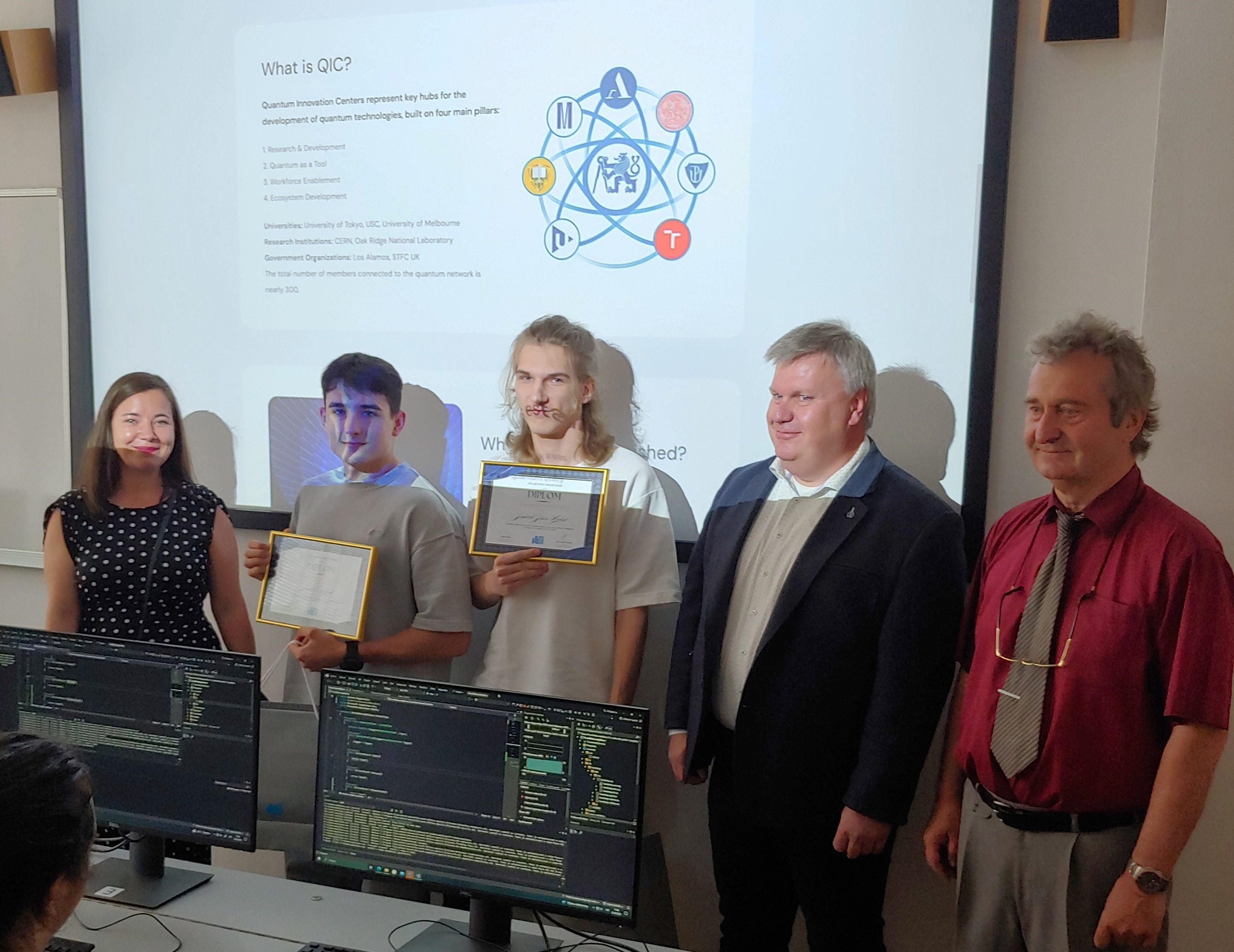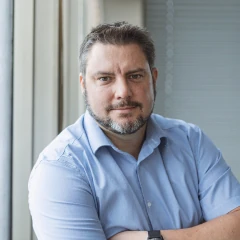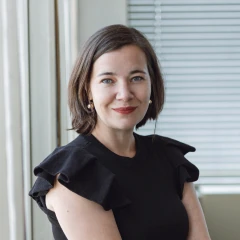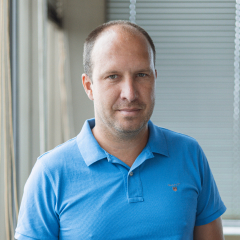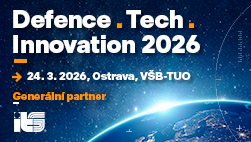
CyberCon 2025
2 min
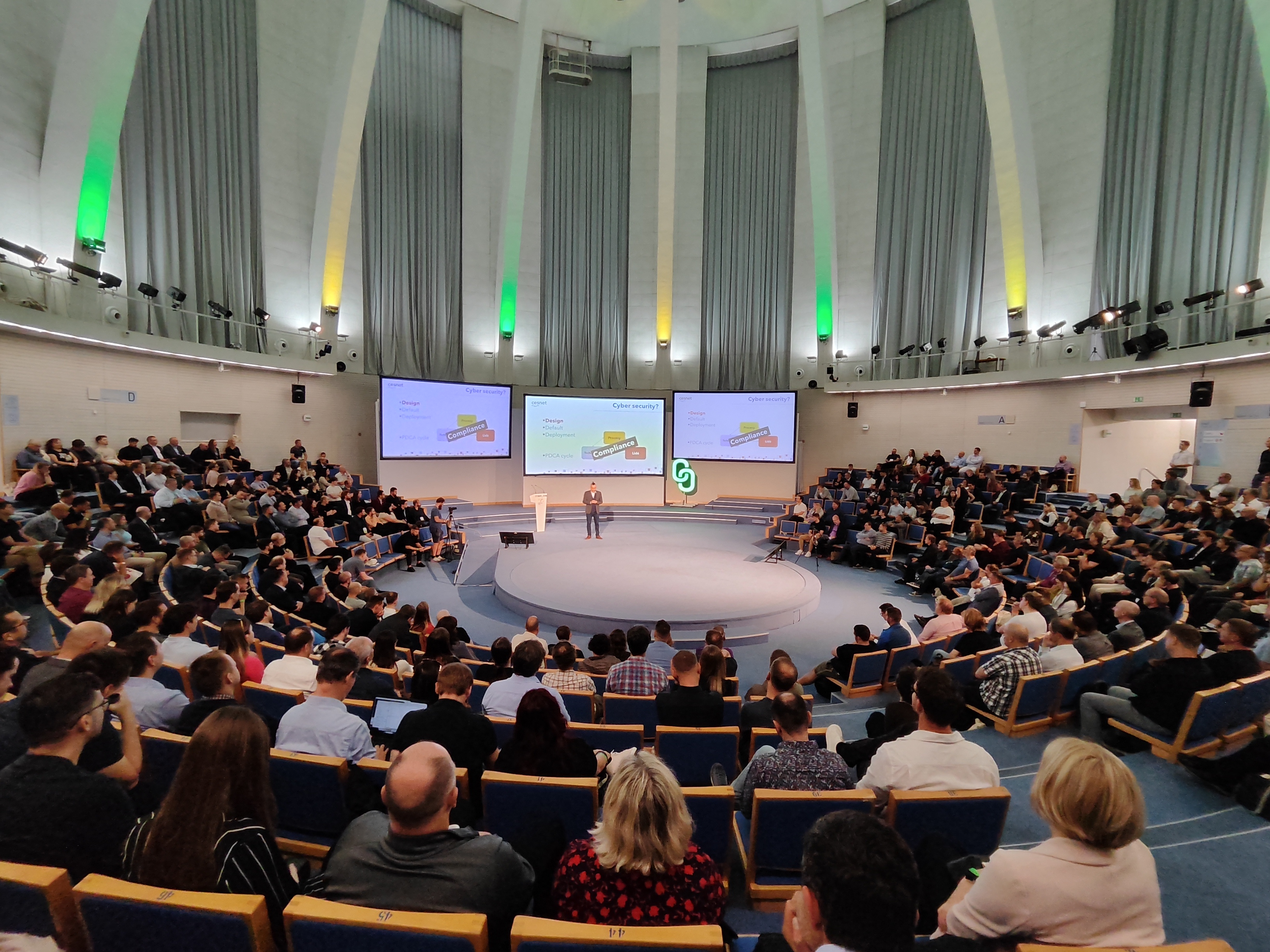
On 17-18 September, one of the main events of this year - at least from the perspective of cyber security specialists and experts - took place at the Brno Exhibition Centre, the anticipated CyberCon 2025 conference.
This is the fifth year that the event has been organised by the National Office for Cyber and Information Security and we were interested in what would be discussed and what the conclusions would be.
The conference took place in three halls in parallel, the workshops were more practically oriented, while the main programme took place in the central part of the rotunda.
The event dedicated to cyber security naturally revolved around current topics of recent times.
The opening speech was given by the head of the office Lukáš Kintr, and everything from legislation was discussed, which was very clearly explained by the representative of NÚKIB Martin Švéda; the topic of AI could not fail to be mentioned, where it is worth mentioning the input of Jan Kolouch, who in a very brisk pace with a bit of hyperbole looked at the issue of AI from the perspective of science and research.
In a panel discussion with representatives of political parties, there was a rare consensus on prioritizing cybersecurity in state policy. It was gratifying to see that this was an area of agreement among gentlemen across the political spectrum. This is, of course, nice, but the truth is that, compared to other European countries, we would look for it at the top of the political programmes of Czech parties, quite in vain.
The panel discussion on the second day of the conference assured us that critical infrastructure knows how to deal with problems and that it has scenarios ready and able to solve them when they arise.
However, the need to increase resilience, i.e. the overall (cyber) resilience of the state, and also increasingly in conjunction with and with the help of the private sector, was voiced unanimously at many points of the conference. More than ever before, it is in the area of cyber security that the state is realising that it simply cannot do without entities that specialise in these fields.
The education sector, accentuated by the lack of IT experts, corresponds to this . For example, on post-quantum cryptography, in which we are also involved, which is why we were interested in the contribution on PQC by IBM representative Milos Soukup, ambassador for Quantum safe.
If we skip the technological aspect and take away a message, it would be: The question is not if, but when. The quantum threats are real and are becoming more and more real as we evolve. There is no room to wait, it is time to act.
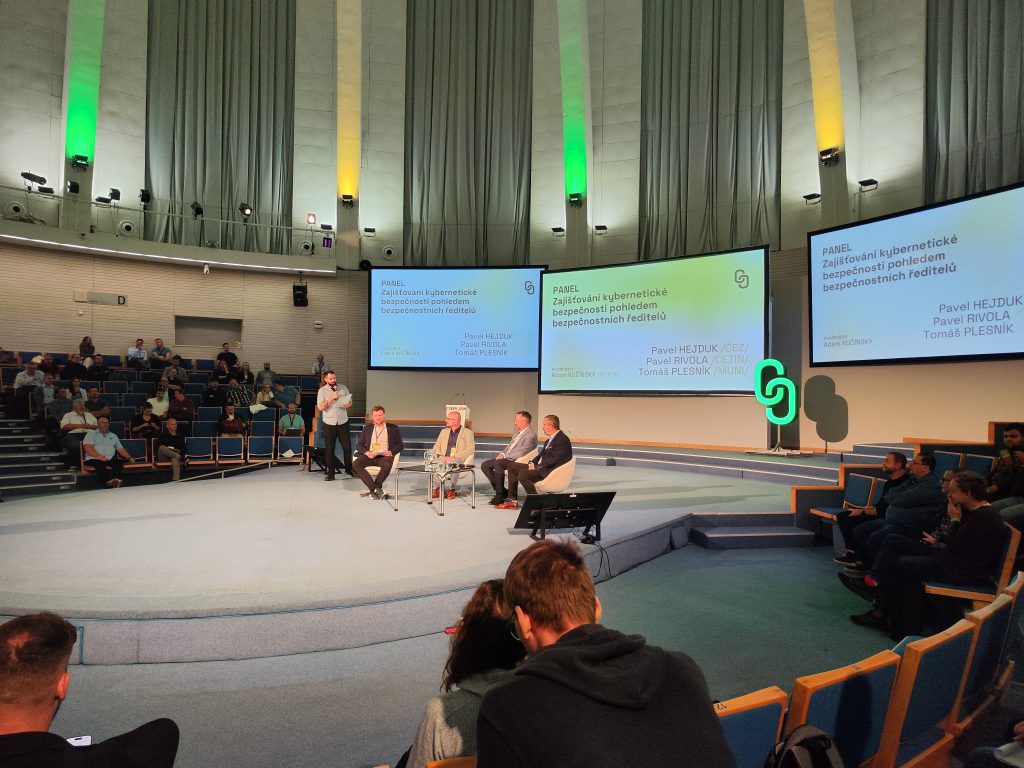
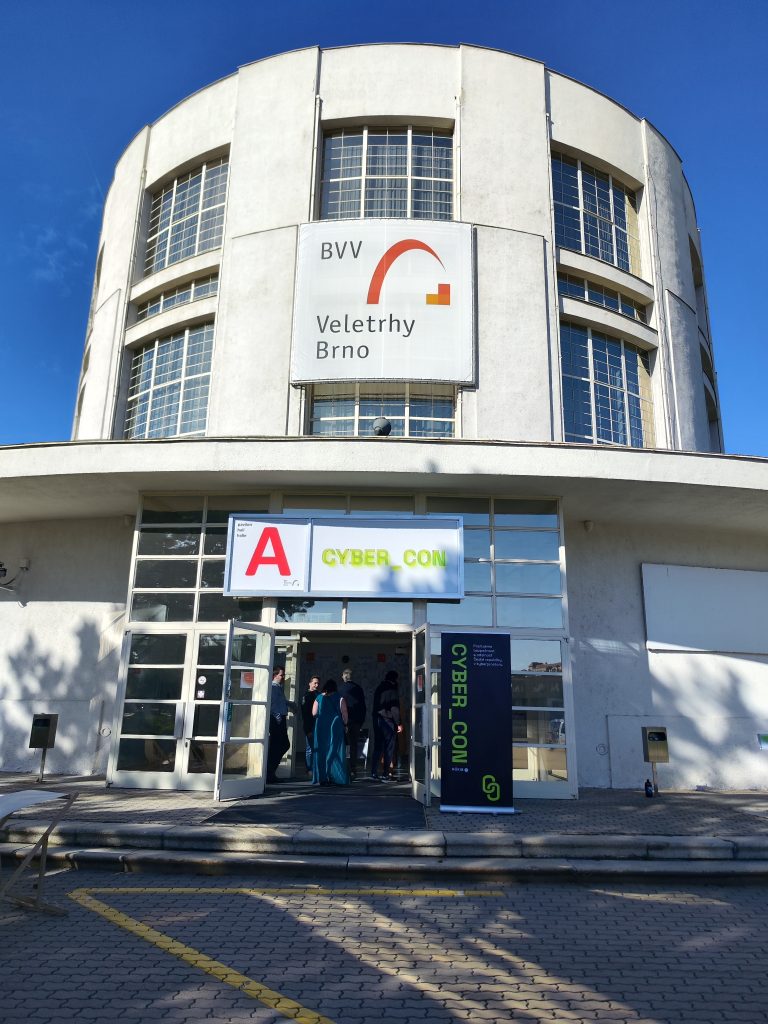
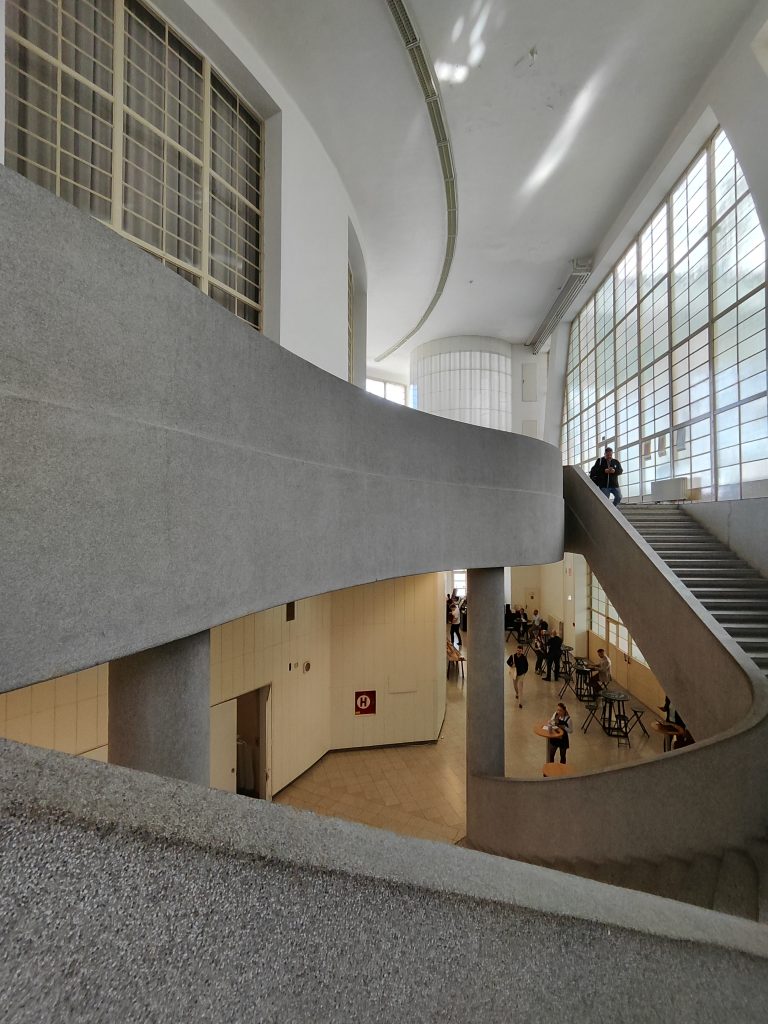
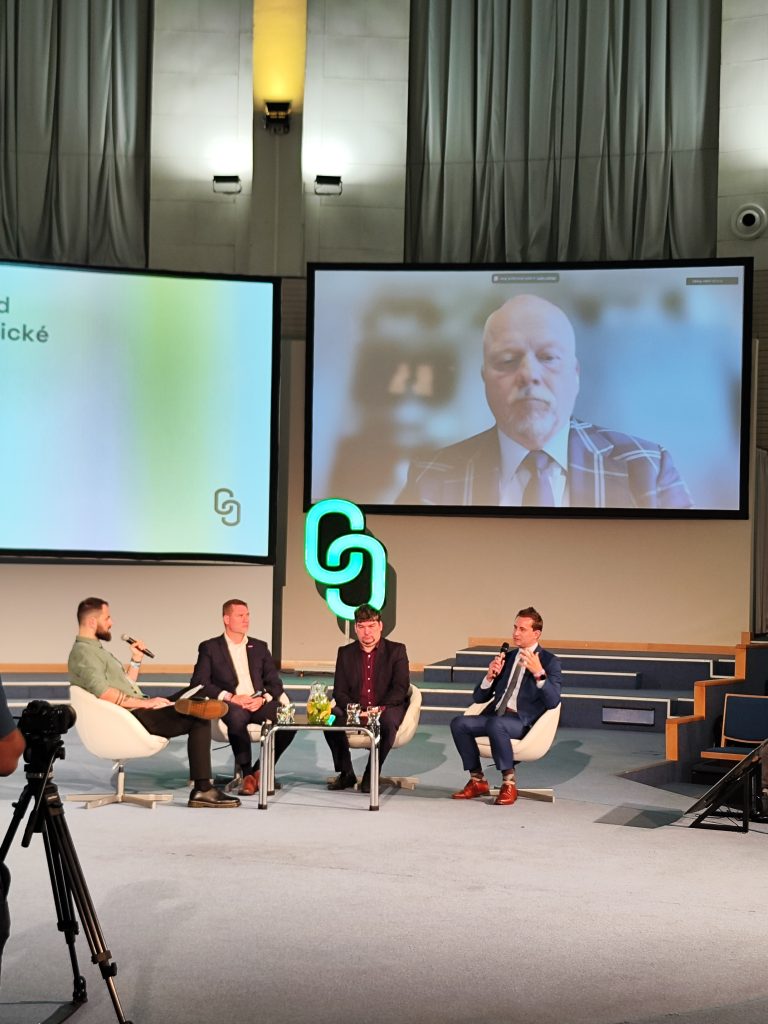

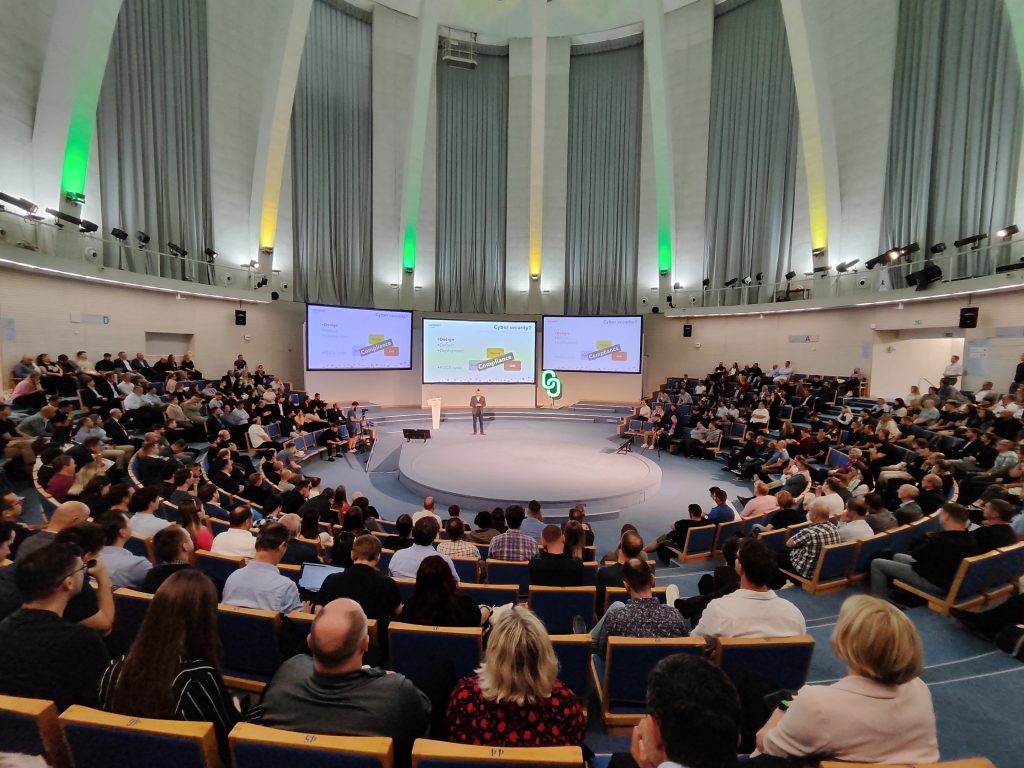
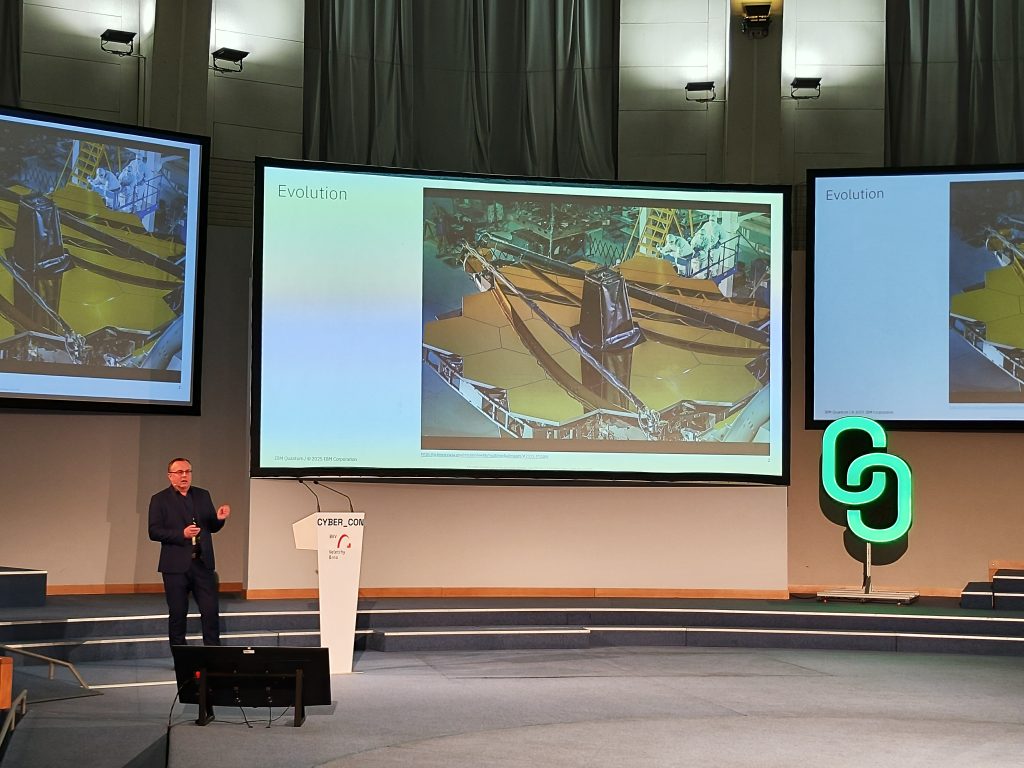
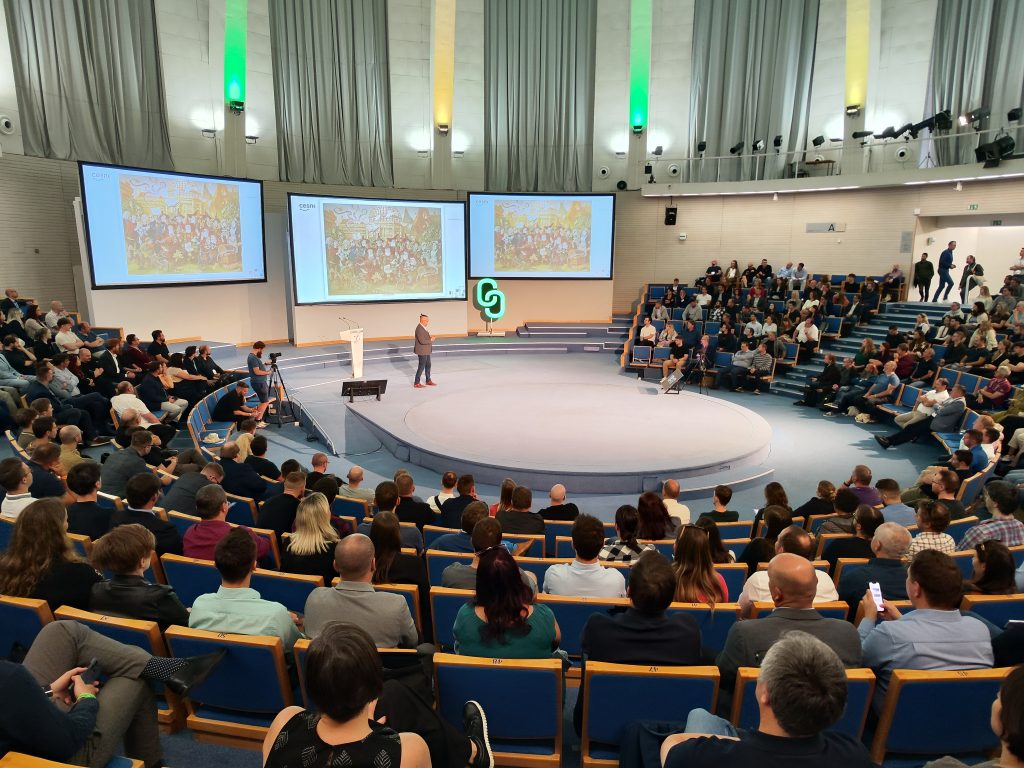
What else to read
See more news from the world of IT and ITS

